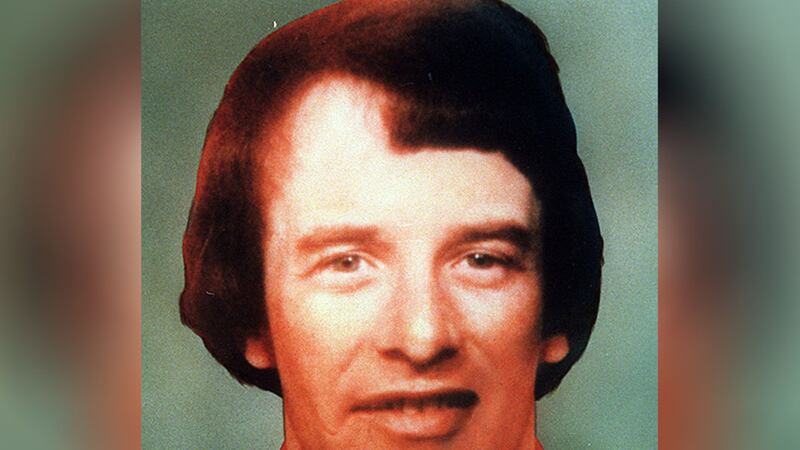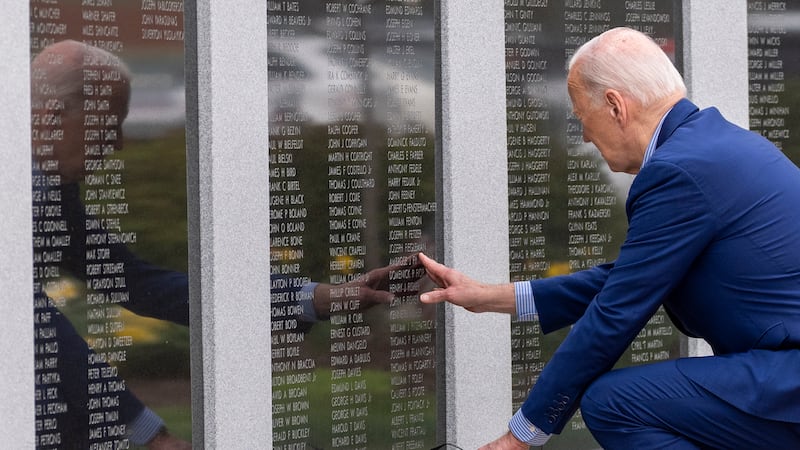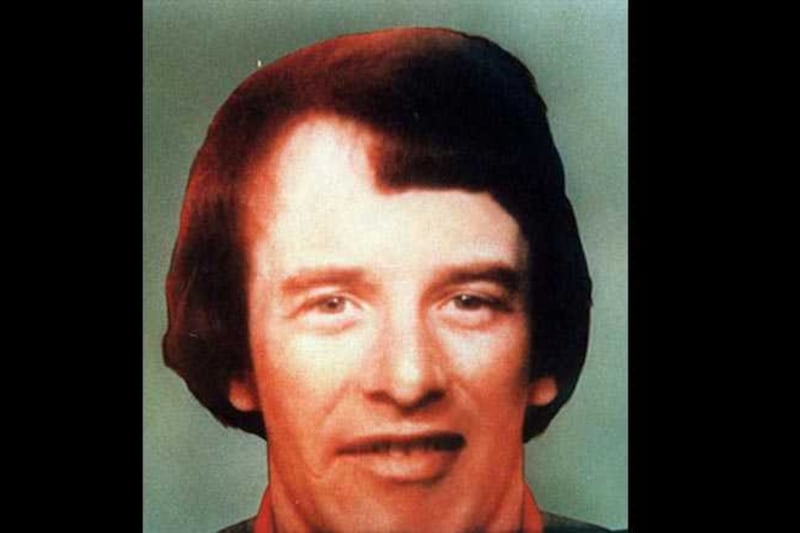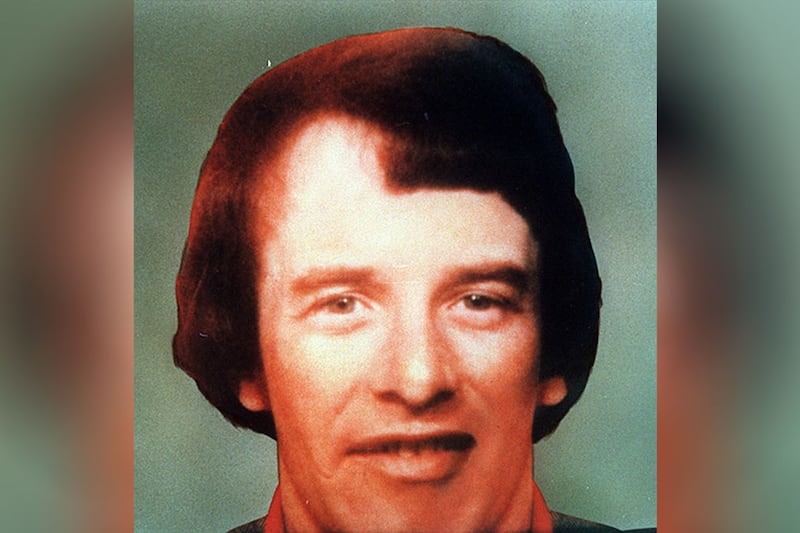NEWLY discovered military documents reveal that British agent Brian Nelson had previously been discharged from the British Army after suffering serious mental illness.
Records obtained by victims campaigner and researcher Ciaran MacAirt show that when Nelson left the ranks of the Black Watch in February 1970 he had suffered a breakdown.
Despite this he was issued with a legally-held gun and later recruited as a British army agent, going on to be involved in the shipment of arms and multiple murders, including the 1989 shooting of human rights solicitor Pat Finucane.
On the orders of his handlers Nelson had infiltrated the UDA gang which shot dead the father-of-three.
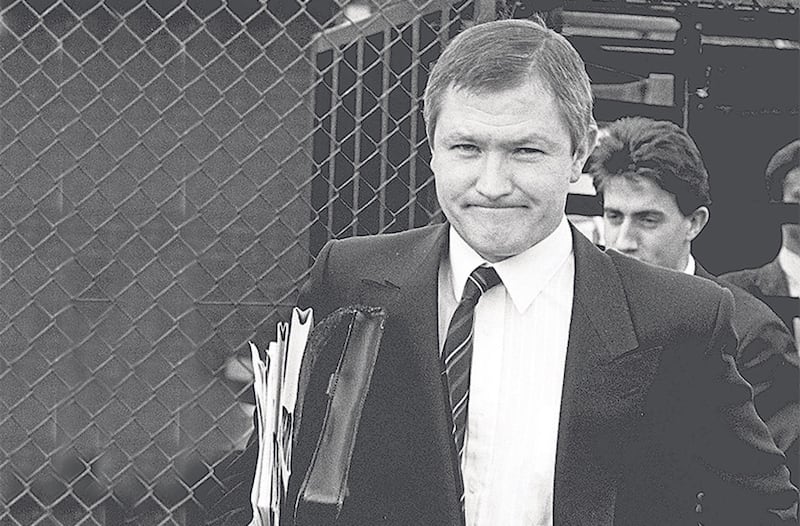
The murdered man's son, solicitor John Finucane, said the family would be asking for clarification about the new information.
The murder was the subject of a recent British government-ordered review by barrister Sir Desmond de Silva. However, no mention was made of Nelson's medical condition.
"This is certainly disturbing and something that the MoD [Ministry of Defence] would need to explain. It is also now for Desmond de Silva to state whether he was aware of this," Mr Finucane said.
"We will have to study this new information and see what course of action we take as a result."
The documents show that when discharged from the army Nelson, from the Shankill area of Belfast, was "mentally and emotionally unstable".
Medical assessments carried out in November and December 1969 recommended he not have any overseas combat postings.
In the space of a month his condition was found to have deteriorated from 'very serious' to the gravest category.
The December 1969 examination showed that his mental breakdown was so serious he was recommended for discharge just weeks later.
Mr MacAirt said: "Nelson, British army number 24032542, was very far from the model soldier.
"His military records display a litany of military misdemeanours, including the serious 'absent without leave' and criminality.
"During his short, four-year military service he had served 128 days in military detention - more than 8 per cent of his total service.
"What is most interesting, though, is that we learn of the reason for his final discharge. It was not due to his poor service history or that he went AWOl as has been thought.
"The reason for his discharge has serious ramifications for the de Silva report and culpability in litigation that is being brought before the court against the British state.
"Brian Nelson's military file records that he was discharged from the British army as he was mentally and emotionally unstable."
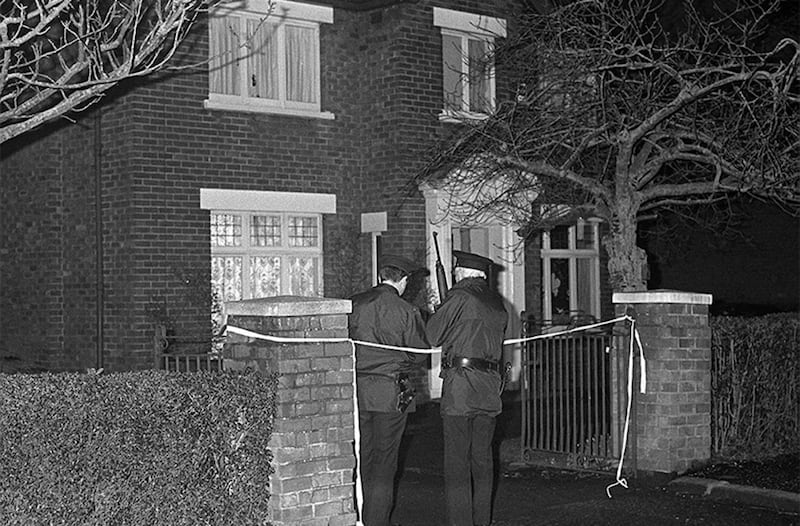
Despite his mental condition, Nelson was recruited by the British army's Force Research Unit in 1984, but not before he had been involved in serious sectarian attacks including the 'romper room' torture of Gerard Higgins, who was registered blind, in a Shankill Road drinking den.
Mr Higgins was beaten, burned and electrocuted by Nelson and a gang of loyalists before being taken away in a car.
The car, which belonged to the former soldier, was intercepted by a British army unit. Nelson was found to be armed with a legally held weapon.
Transcripts of his police interviews, obtained by Mr MacAirt, reveal that he told the RUC he had been given the weapon for his own protection.
Nelson was sentenced to serve seven years for the 1973 attack on Mr Higgins of which he served half. Charges of conspiracy to murder against him were dropped.
"How could Nelson have been issued with a gun if, as his military record tells us, he was mentally and emotionally unstable and discharged from the British army because of this?" Mr MacAirt said.
"The revelations of Brian Nelson's mental and emotional instability and the questions raised about his convictions go to the very foundation of the de Silva report and his examination of Nelson as an agent."
